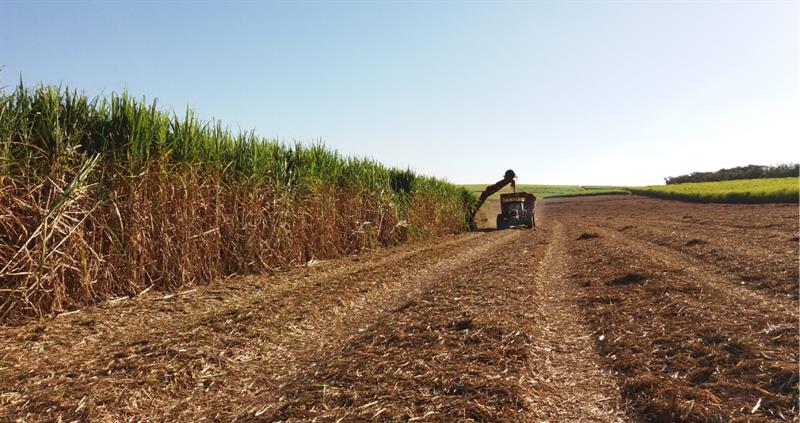The WTO found on Tuesday 14 December that the Indian sugar regime breaches WTO rules on agricultural support, export subsidies and notification of subsidies to the WTO.
The regime had been challenged on the basis that these subsidies amount to a distortion of the world sugar market and supported production to the extent that India has become the world’s second largest sugar exporter.
The UK is set to launch free trade talks with India in January. It is vital that as a responsible trading nation that aspires to uphold global trade rules, the UK does not simply offer Indian sugar tariff-free access to the UK market after its regime was found to be in breach of WTO rules.
Non-compliant support
The ruling, following a challenge by Brazil, Guatemala and Australia in 2019, supported by Thailand, Russia, Cost Rica and the EU, found that India provides non-compliant support in three separate ways:
- For five consecutive years, India provided support to sugarcane growers in the form of guaranteed minimum prices which amounted to more than 10% of the value of production. Although the government does not pay this directly to growers, it was found to be in breach of WTO rules as sugar mills are legally obliged to pay the government-set minimum cane price which is underpinned by a legal minimum sugar price.
- India has operated three separate export-related subsidies for which no reduction commitment is specified in India’s WTO schedule, which is in breach of WTO agreements.
- Under the four schemes, subsidies are contingent upon export performance including through minimum export quotas. This runs counter to India’s WTO obligations and agreements.
Calls for action
Although the WTO panel recommended India withdraw these prohibited measures within 120 days of this finding, there will be no impact on India’s policies due to the lack of a functional appellate body at the WTO.
The European beet growers organisation, CIBE, of which NFU Sugar is a member, has detailed its concerns, which can be read on their website. The NFU agrees with the approach and calls on the UK government to take similar action.
